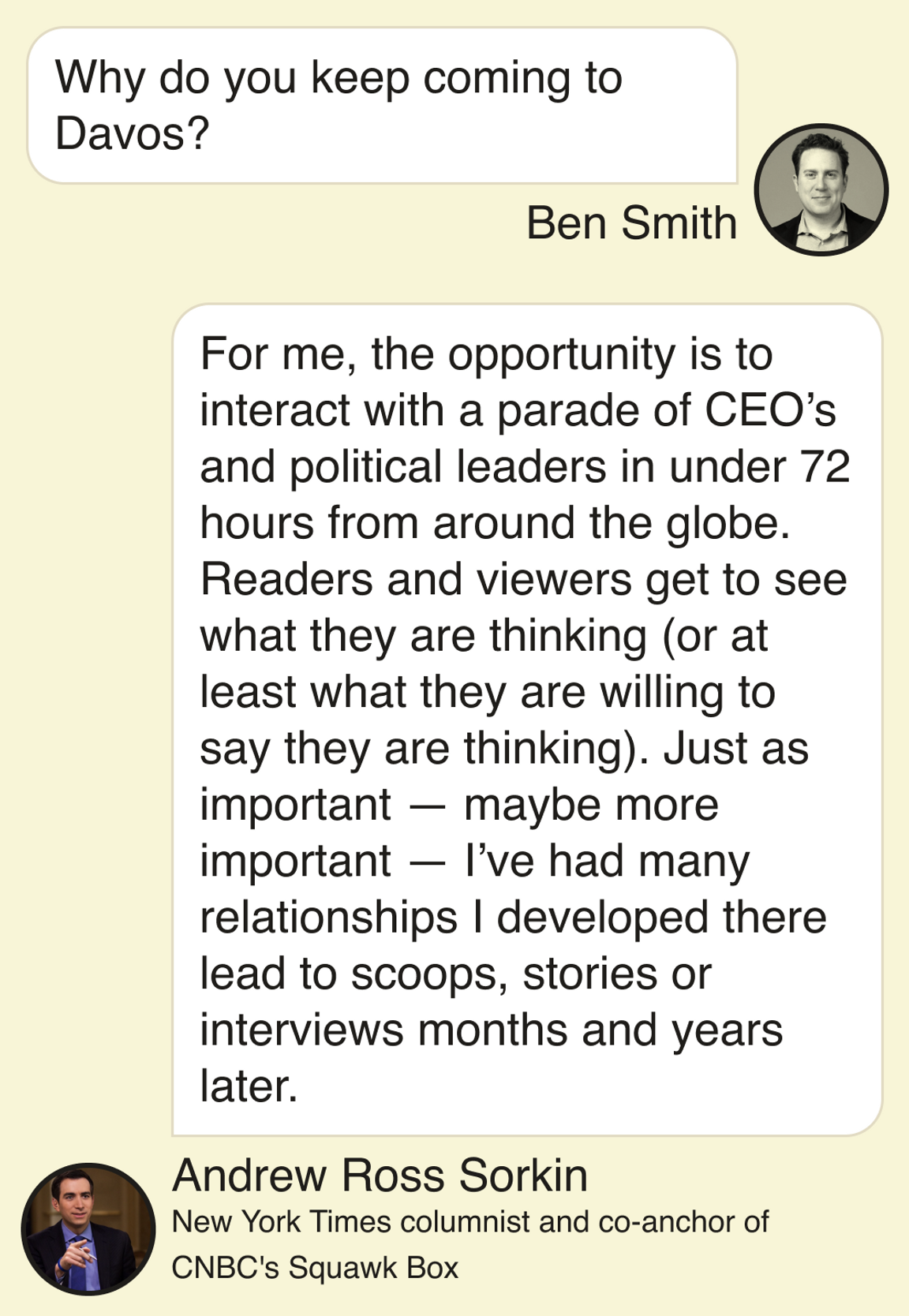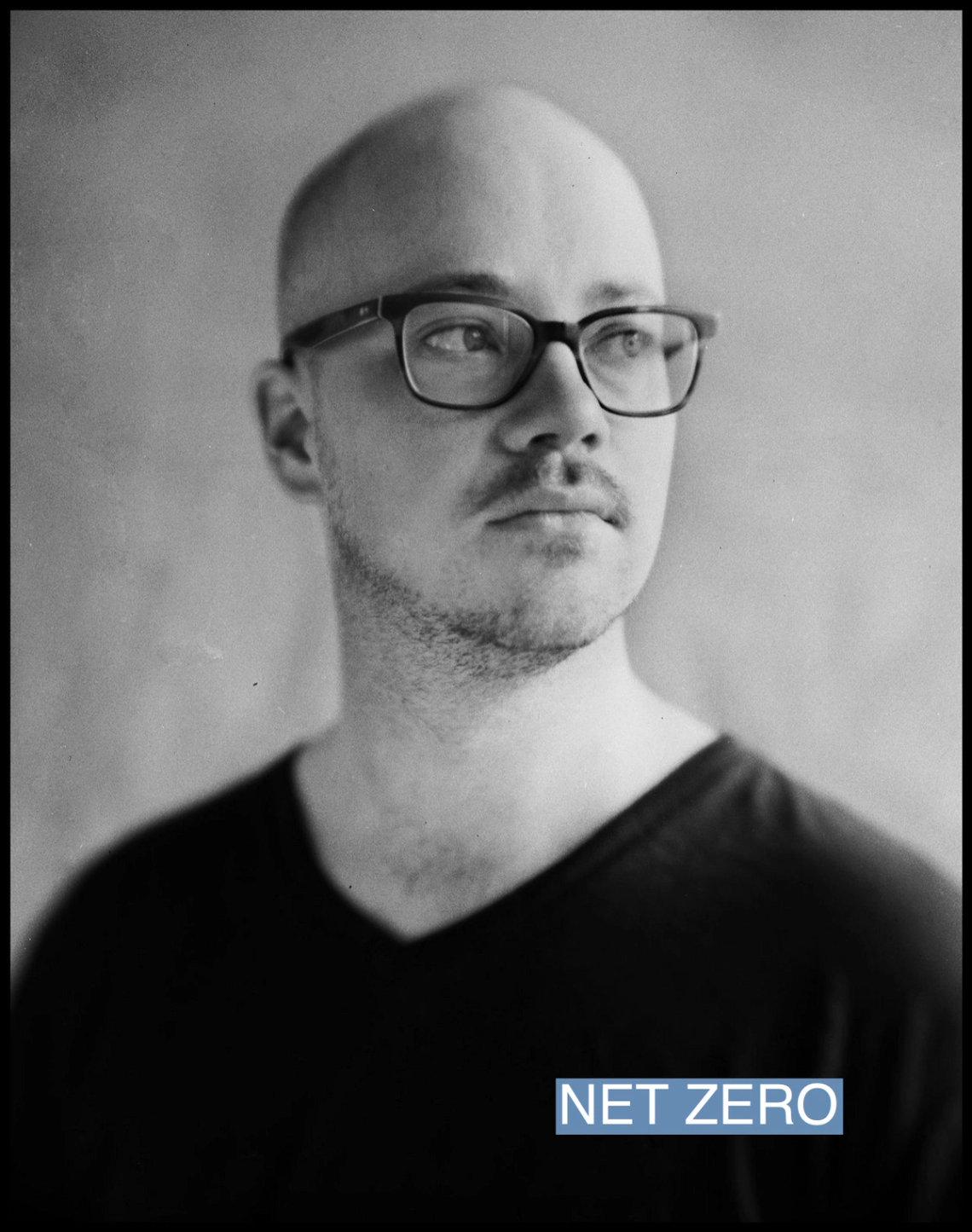 Xavier Collin/Image Press Agency/NurPhoto via Reuters Xavier Collin/Image Press Agency/NurPhoto via ReutersTHE SCOOP CNN is considering hiring a comedian to host one of its prime time shows. The “news entertainment” personality could fill the primetime 9-11 p.m. hours with a nontraditional version of the news, five people familiar with the planning said. CNN executives have floated names including Bill Maher, Trevor Noah, Arsenio Hall, and Jon Stewart, and have looked at other comedic news-focused talk shows for inspiration. CNN president Chris Licht hinted at his desire to sign Stewart in an interview last year with the New York Times, saying he’d love to bring on the former late night host, but Stewart remains under contract with Apple. Maher is a potentially more realistic prospect: The host of HBO’s long-running weekly show that bears his name is already in-house at Warner Bros. Discovery, CNN’s parent company (Puck’s Matt Belloni reported this week that CNN is in talks to begin airing some of Maher’s weekly extra HBO segments). Network higher-ups say Hall, who hosted a late night show from 1989 to 1994 and again from 2013 to 2014 and won NBC’s Celebrity Apprentice 5 in 2012, is not a serious prospect for a primetime slot. “They’re looking for their version of John Oliver,” one television news insider familiar with the search told Semafor. Executives have also discussed turning the 9 p.m.-12 a.m. hours into a series of shows modeled like a variety program, with “shows within shows” for different journalists, one network executive told Semafor. The discussions are aimed at turning away from the competition with MSNBC for liberal news junkies, and toward pulling viewers from HGTV, ESPN, and Netflix. Licht has also attempted to pitch CNN as a potential gateway to other brands within Warner Discovery, reminding talent that the company is attached to HBO and Warner Brothers, where there could be further opportunities for projects. But CNN is also reckoning with its need to have talent on hand to cover major breaking news events, such as last week’s House Speaker’s race which ran late into the evening and boosted CNN’s ratings. One person familiar with plans told Semafor that Laura Coates is likely to remain in her current timeslot, while co-host Alisyn Camerota, a long-time cable news anchor, will likely be moved to another earlier hour. MAX’S VIEW If successful, CNN’s jump into comedy would mark the end of an era in personality-driven, hyper-political cable news talk shows that shaped both American television and American politics, and which reached a pinnacle during the Trump era. The potential move could also play to Licht’s strengths: His six-year tenure as the executive producer of The Late Show with Stephen Colbert made him comfortable with producing a non-traditional late night show with some news elements. CNN’s rivals have also begun looking in that direction, too. Fox has found success with Gutfeld!, a conservative alternative to late night TV shows dominated by liberal hosts that tries very hard to be funny and regularly beats its traditional late night competitors. NBCU executives have reportedly considered moving Seth Meyers’ show to MSNBC. The late-night comedy landscape has also changed in a way that could benefit slotting an entertainer into the host’s chair at CNN. In the last several months alone, TBS canceled Full Frontal with Samantha Bee. James Corden and Noah both decided to step away from late night hosting duties, and the cult-favorite Showtime series Desus and Mero fell apart over disagreements between the hosts. The deliberations come as Licht has begun to put a more permanent stamp on CNN’s programming. In November, the network launched its new morning show, Licht’s first major play. And this week, CNN announced major formatting changes to its dayside programming. Executives have also expressed a desire to transform the network’s lineups and visuals by the time Licht hits his one year anniversary with CNN in May. Licht has said that CNN’s current graphics and branding look dated and cheap, and within the next several months, CNN will revamp them to look sleeker, according to one source familiar with his comments. ROOM FOR DISAGREEMENT “Such an experiment could also deliver a programming disaster,” the Washington Post’s Erik Wemple wrote when Licht floated putting an entertainer in prime time during an interview with the Times. “Consider a scenario in which said entertainer was on air at the moment that an overseas war broke out, or an earthquake struck, or some statesperson died. Watching the network scramble to switch back into hard-news mode — well, that would surely be entertaining.” | 








